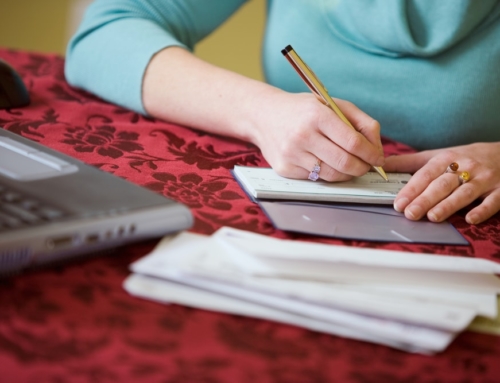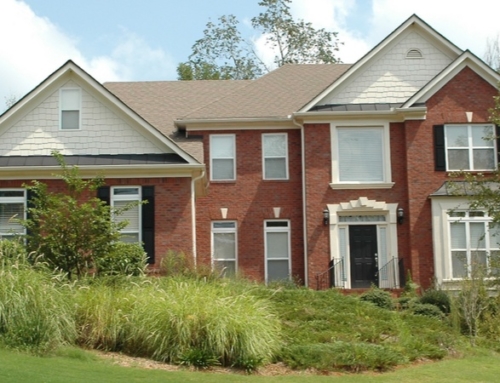Once or twice a year, I’ll receive a letter from a reader complaining about items “disappearing” during a showing. Frequently, the items are small, valuable or have tremendous sentimental value to the homeowner.
While you’d like to hope that these are isolated incidents, real estate agents across the country say they happen more frequently than you’d imagine. If you’re of a mind to commit a crime, visiting an open house or a model home can be an easy target, said veteran one real estate agent in Chicago, who asked not to be named.
Typically, a well-dressed couple will show up to an open house. Unless the home is very big or expensive, in excess of a million dollars, only one agent will run the open house. One person asks the agent all sorts of questions about the home while the other runs through it, looking for valuables.
Within 10 to 20 minutes, the couple has toured the home and left, and it may be hours or days before the seller comes home and discovers the missing items.
A slight variation on this scam occurs when a well-heeled couple makes an appointment with an agent to see several homes in a morning or afternoon. The couple again splits up, with one person engaging the agent while the other rifles through drawers looking for jewelry, money or trinkets.
(In the case of model homes, many prospective buyers simply “take” items left out for show. One developer said he once lost an entire set of china, linens and silverware, which had been displayed on the dining room table. All of the items disappeared into a buyer’s shoulder bag. It cost the developer $500 to replace them. Other items that have been lifted include bedding, linens, bath towels, and pillows – basically anything not nailed down. Many developers have now built the cost of replacing these items into their marketing budgets, ultimately increasing home prices for all.)
By being aware of how the scam works, agents and sellers can take steps to protect themselves:
Never leave money lying around.
Crooks won’t be able to help themselves if you leave cash lying around. Even honest home buyers will question why you’ve made such a careless mistake. If you’re going to leave cash in your house during a showing, put it in a home safe that’s tucked away in some odd corner or a closet and bolted to the floor or wall.
Hide or store any items that could tempt someone.
Real and costume jewelry plus small items like valuable ashtrays, small dishes, silver plates or cups, and candlesticks should be hidden from view. Don’t just place these items in your top dresser drawer – that’s the first place a thief would look for them.
Either pack these items away or, in the case of your jewelry, put them in your home safe or a safe deposit box you’ve rented. The idea is to remove temptation without stripping the home of its unique charm. Pack away or store fur coats and expensive clothing.
Years ago, con artists posing as home buyers managed to slip fur coats out from a first-floor closet, and hide them underneath their own coats. The homeowner discovered the theft a few hours after the showing, but by then it was too late. Make open houses a multi-person affair.
One way to limit the opportunity for thieves is to ask your agent to hold open houses with at least one other individual, especially if your house has several floors or is especially large. Many brokers and agents are resistant to hiring another body to help with an open house, since it is more money out of their pocket. But if you’re worried about thieves, discuss how the agent will handle open houses before you’ve signed the listing agreement.
Check your stuff immediately after an open house.
The sooner you know something’s missing, the faster the police can start their investigation. So, check your valuables as quickly as possible after a showing. If something is gone, call your broker first, to make sure he or she didn’t move it to a less conspicuous place. Then, call the police.
Photographs and videotape can go a long way toward helping police track down stolen items, so it’s a good idea to videotape or photograph (or both!) your homes after it is cleaned up but before a showing.






Leave A Comment